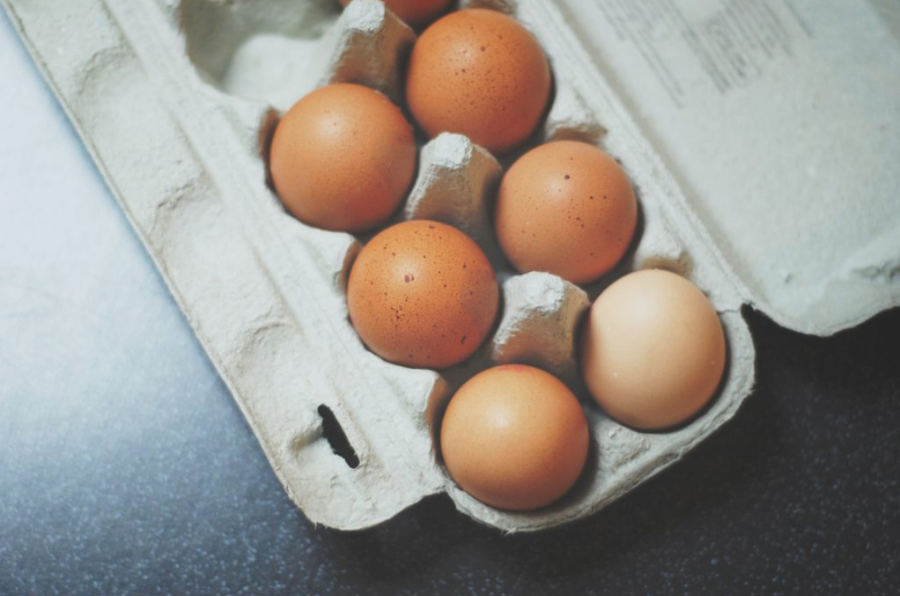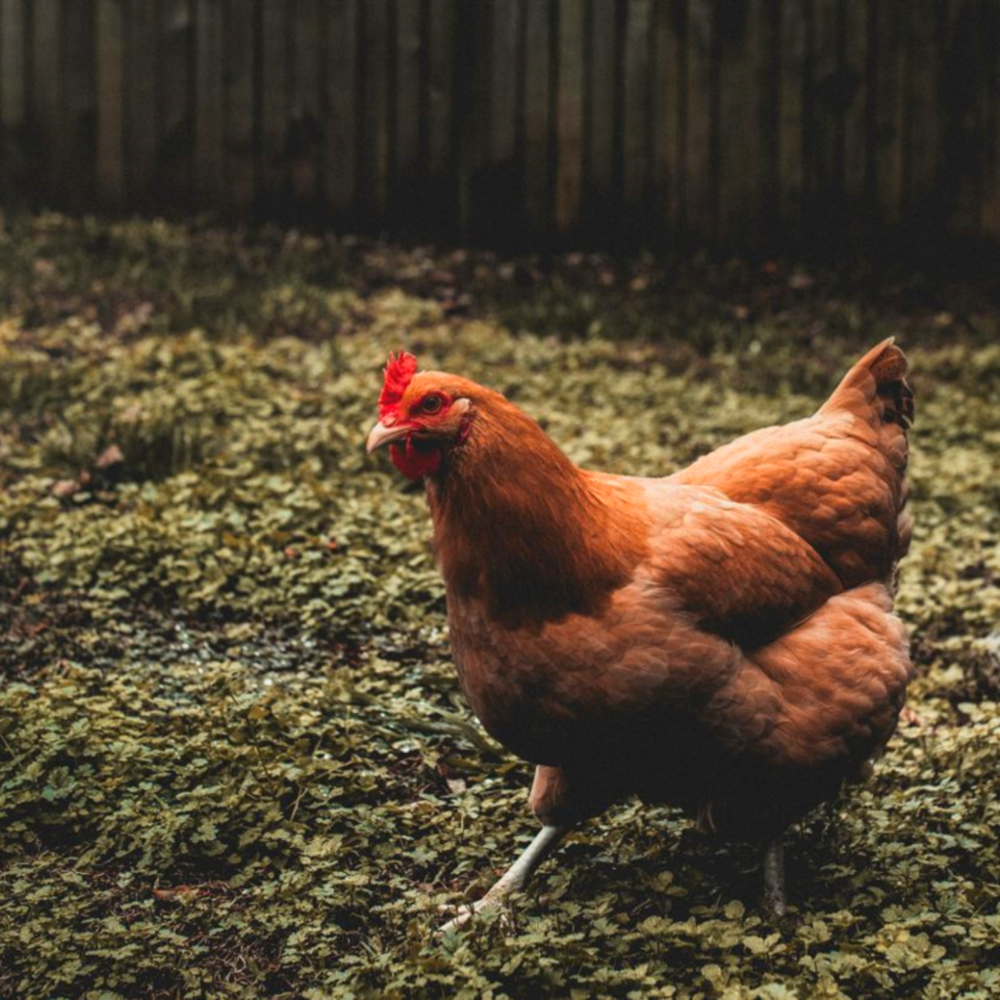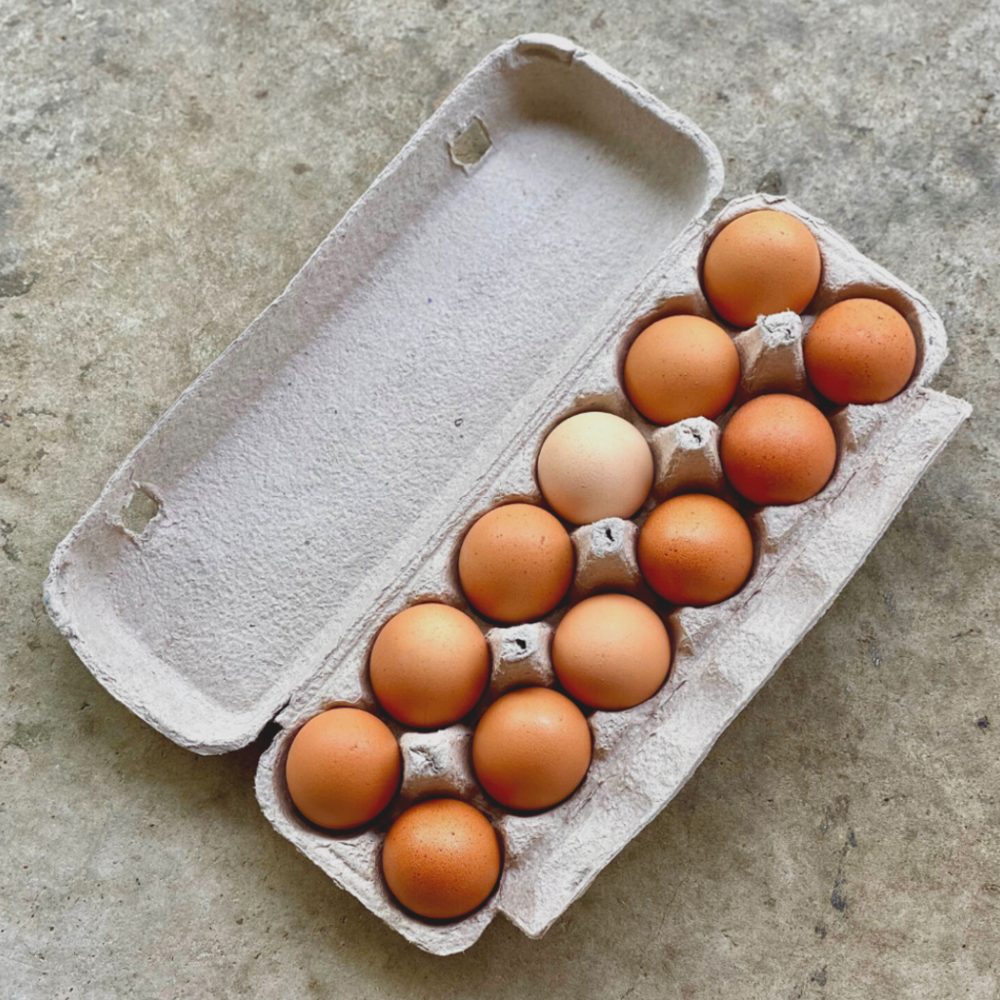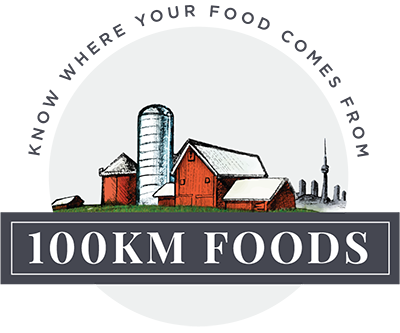
As Canadian consumers learn more about our food systems, we are increasingly considering the ethical and animal welfare conditions behind their food, especially when it comes to dairy and eggs — as we should!

As a result, these days our grocery store egg cartons are emblazoned with “cage free”, “free-run”, “free-roaming”, and "organic" but many consumers are still unsure what these labels actually mean, what this looks like in practice and how these choices really matter.
At The Market at 100km Foods, we believe it is essential to provide transparency and traceability when it comes to the products we source. The farmers and producers we work with are all carefully vetted by us to ensure that they meet our high standards for animal care and dignity.
Regular, Free Run, Free Roaming, Cage Free, Organic — What's the Difference?
Although we are currently phasing out battery cages in Canada, many typical egg-laying hens are still housed in battery cages. If you're unfamiliar with this caging system, it consists of notoriously cramped cages arranged in rows and columns connected together in a unit. These battery cages gives hens an average of just 67 square inches of cage space.
If you see the term "cage-free" on your grocery store egg carton, this simply means that hens are not confined to these battery cages. But this is essentially it. It does not mean that they run freely indoors or outdoors. There are also no regulations governing what they are fed or what kinds of medications they are given.
"Free run" eggs, as the name suggests, are eggs from hens that do run free in an open concept barn, typically with a variety of nests and perches. However, overcrowding can still be an issue in free run facilities that have large flock sizes.

"Free roaming" eggs means that these hens actually step foot outside (when the weather cooperates), but how often and how long is unregulated.
"Organic" eggs come from hens raised in a free roaming system with access to the outdoors and are fed certified organic feed.
You can also check out this detailed guide to buying eggs from Egg Farmers Canada for more info on the different types of eggs available in Canada.
So how do you know what eggs to buy? The best way to feel comfortable with your egg purchases is to really get to know the farmers behind where your eggs are coming from.
About Homestead Farm
Homestead Farm is a long time partner of 100km Foods and our trusted egg supplier where we get all of our free-run, free-roaming and organic eggs.
Homestead Farm is located in Holland Marsh, ON and and owned by Pat and Jo Flack. Homestead Farm is both a small grading station and has a flock of their own. They also source their eggs from neighbouring Amish and Mennonite farm communities nearby.
What Makes Homestead Eggs Different?
So what makes our eggs from Homestead Farm different from the eggs you'd find on the shelves in your grocery stores? Well for starters, the very fact that you can’t you find their eggs in any big retailers and grocery store chains.
We spoke to Pat at Homestead Farm about what "free run" really means when it comes to Homestead eggs.
The major difference with Homestead free run eggs is that they come from small flocks that receive a high level of care. Like, REALLY small flocks. In total, Homestead sources eggs from only 55 different flocks with hundreds of birds. Compared to larger free-run egg farmers these flocks could easily number in the thousands of birds.
Controlling flock size is a way to help ensure there is no overcrowding and the birds have ample room to run freely. Flocks tend to frighten very easily, which can disrupt their laying patterns. Since these flocks are an essential part of these farmers' livelihoods, they want to make sure the hens keep laying. Therefore, it's a top priority to ensure that their flocks are as calm, happy, and well-cared for as possible.
Pat also develops personal relationships with the farmers in the Mennonite and Amish communities that she sources some of their eggs from, including their free-roaming and organic eggs, so that she knows how these birds outside of her own flock are treated.
The biggest difference between Homestead's free run and free roaming eggs is the access to the outdoors that the roaming hens get during the summer months where they can eat greens and bugs and anything else they find outside.
What Else Sets Homestead Free Run Eggs Apart?
Homestead is also a very small grading station that uses less automated machinery with a more involved approach. They have various employees at different stations along the line, all of them paying close attention to any imperfections. There’s even someone who has a special light they shine on each and every egg to detect any interior imperfections!
This kind of care and detail oriented attention to grading means Homestead grades 50 cases an hour. This is compared to the big guys who grade up to 400 cases an hour. Although they might grade slower, they make up for it in the top notch quality of all their eggs.
Homestead free run eggs aren’t just average "free run eggs" you can find in any grocery store. They truly are ‘small-flock' and this really does mean something!
























































